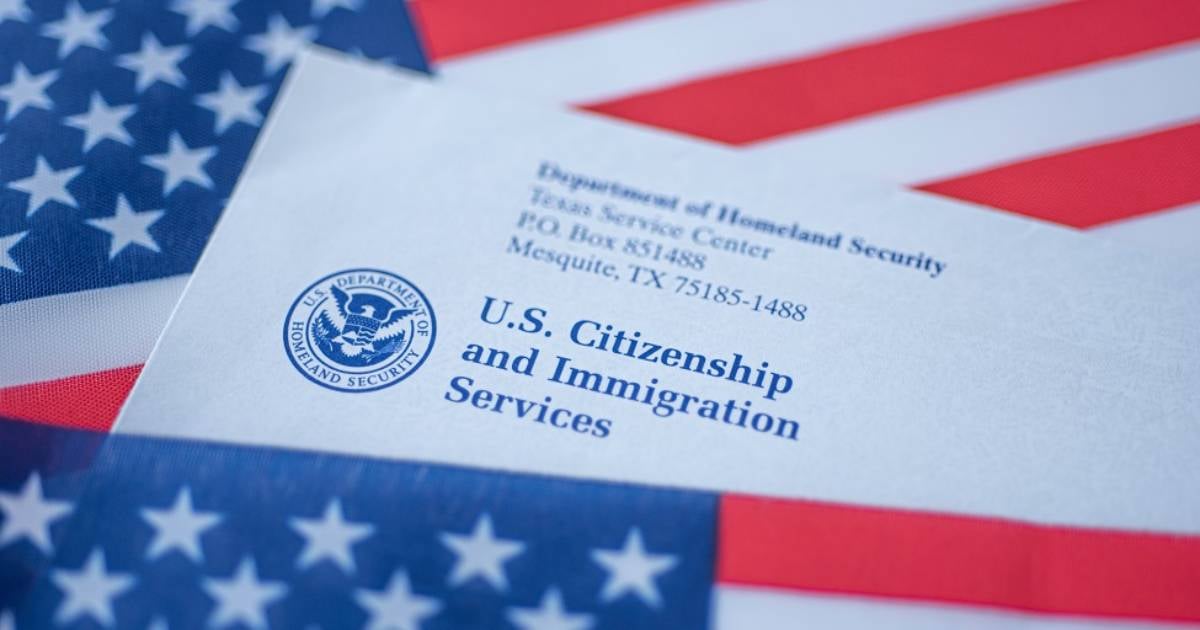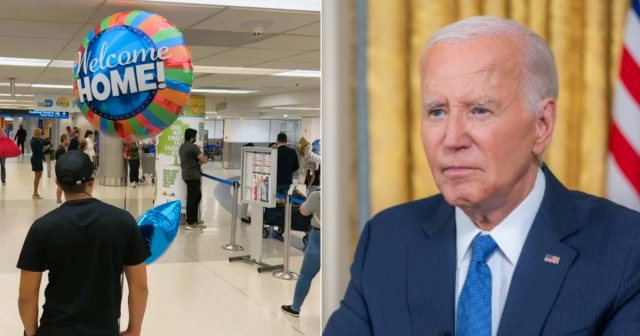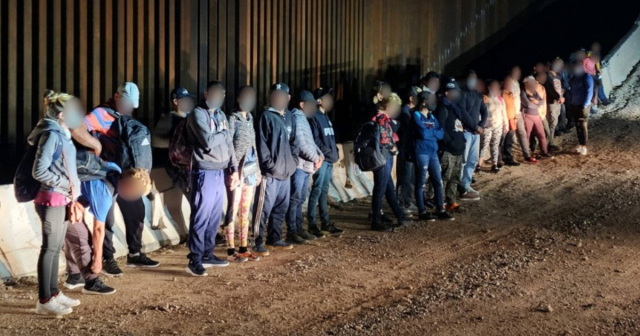
The recent decision by the Biden administration not to extend the humanitarian parole program for immigrants from Venezuela, Nicaragua, Cuba, and Haiti has generated uncertainty among thousands of people who benefited from this temporary protection.
Without parole, these immigrants are at risk of losing their legal status in the United States and face the possibility of being deported. In light of this situation, immigration experts recommend seeking specialized legal advice to assess the available alternatives.
Immigration attorney Raed González made statements to Univisión Miami where he explained that those affected must act quickly to avoid falling outside the legal framework, because the stay permit is valid for two years and soon the first cases will be exceeding that time limit.
Venezuelans and Haitians can apply for TPS (Temporary Protected Status), Nicaraguans can seek asylum, and Cubans who have entered legally with humanitarian parole can take advantage of the Adjustment Act.
Surprising decision by the Biden administration
The Joe Biden administration announced in September 2024 that there will be no extension of the stay permit under the humanitarian parole program, which had been granted to immigrants from various countries facing severe political and economic crises.
This program allows beneficiaries to reside temporarily in the United States while seeking a legal way to settle permanently. However, after the scandal erupted regarding numerous cases of fraud, the government made several decisions, including not extending the program.
"The humanitarian parole program is not canceled, it continues. Today I can sponsor a Venezuelan to come, but only for two years," González insisted.
The measure affects thousands of immigrants who arrived in the country under this protection, leaving many uncertain about what options they have now to regularize their status or avoid deportation.
Trump's plan to eliminate humanitarian parole.
Former President Donald Trump has expressed his intention to completely eliminate humanitarian parole if he wins the next presidential election.
In September, Trump indicated that if he returns to power, he will end all forms of temporary protection for immigrants, including parole and TPS. This stance increased concerns among those who rely on these programs for their legal status in the United States.
In light of the imminent end of humanitarian parole and the threat of future immigration restrictions, affected immigrants must seek legal options as soon as possible.
Available legal options and the importance of acting quickly
Venezuelans and Haitians still have the option to apply for TPS, which allows them to stay and work in the United States while the situation in their home countries is not safe for their return.
Nicaraguans can apply for political asylum, arguing persecution or fear of returning to their country.
Cubans, having legally entered the United States with parole, can take advantage of the Adjustment Act, which allows them to obtain permanent residency after completing one year and one day in U.S. territory.
Raed González urged affected immigrants not to be carried away by despair but to seek specialized lawyers who can guide them in this legal process.
If you have humanitarian parole in the United States, it is vital to find competent legal representation prepared to fight your case in court if necessary.
In addition, you should have all the required documentation ready to submit your application and benefit from the Cuban Adjustment Act when the right moment arrives.
Don't be swayed by comments on social media, nor by recommendations from acquaintances, and don't try to do things on your own to save "a few bucks." Your stay in the U.S. and the possibility of deportation are at stake.
Seek advice from professionals because immigration cases require follow-up and some involve court defense, with all possible legal tools.
What do you think?
COMMENTFiled under:






